Notes on a parable
(My latest translation from the Spanish)
In the rearguard in the big city, life was very sad. The smiles from the old days had frozen on their lips; the radio told nothing but news- sometimes good sometimes bad and people scraped by overcome with the memory of those boys that were losing their lives at the front.
The boys lost their lives at the front, singing light-hearted songs and reciting The Ballad of Whitehorse. They would laugh and drunk up the sober taste of risk, fear, and companionship along with their flasks of whiskey.
When they returned to the cities wounded or on leave a cloud surrounded them. It wasn’t only the aura of heroism but the light of an intimate and elemental happiness.
In the beginning only poor left-over sods and some laughable and extravagant patriots went to war. But little by little the number of volunteers grew until they became a multitude. Perhaps no one ever knew, not even the soldiers themselves, but these volunteers were deserting an emptiness, looking to grasp onto happiness and at times a little frivolity. No one knew it or said so and in any case it doesn’t matter because happiness is just another name for doing your duty but one with a better marketing campaign.
(from the blog Rayos y Truenos of the Andalusian poet Enrique García-Máiquez.)
The Spanish original:
Notas para un parábola
En la retaguardia, en la gran ciudad, la vida era tristísima. Las viejas sonrisas se habían helado en los labios, la radio no daba más que noticias —a veces buenas, a veces malas— y las gentes se arrastraban apesadumbradas con el recuerdo de los muchachos que se estaban dejando la vida en el frente.
En el frente, los muchachos, se dejaban la vida, y también cantaban canciones ligeras, recitaban “La balada del caballo blanco”, se reían, apuraban el sabor recio del riesgo, del miedo, del compañerismo y de sus petacas de whisky.
Cuando volvían a la ciudad de permiso o convalecientes, les rodeaba un nimbo. No era sólo el aura del heroísmo, sino la luz de una felicidad íntima y elemental.
Al principio, a la guerra iban los pobres mozos de reemplazo y algunos patriotas extravagantes y risibles. Poco a poco, fue aumentando el número de voluntarios, que acabó siendo una muchedumbre. Quizá nadie lo supo nunca, ni ellos mismos, pero esos voluntarios sobrevenidos desertaban de un vacío, buscaban el arrimo a la felicidad, un poco de frivolidad a ratos. O nadie lo supo o no se dijo; y en cualquier caso no importa, porque la felicidad es sólo otro nombre —con más fortuna publicitaria— del cumplimiento del deber.

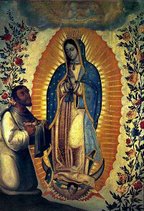
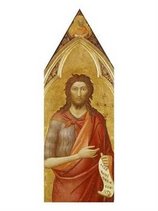


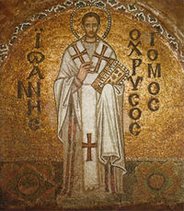
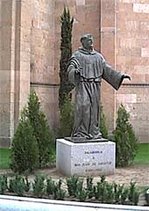

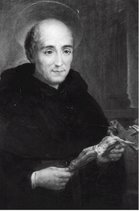
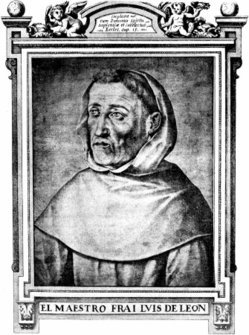



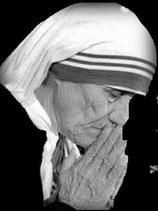
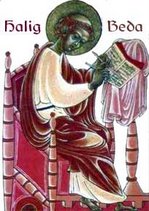
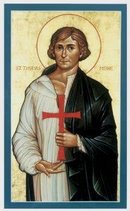
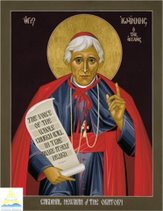




1 comment:
Thank you very much. A fine work.
Post a Comment